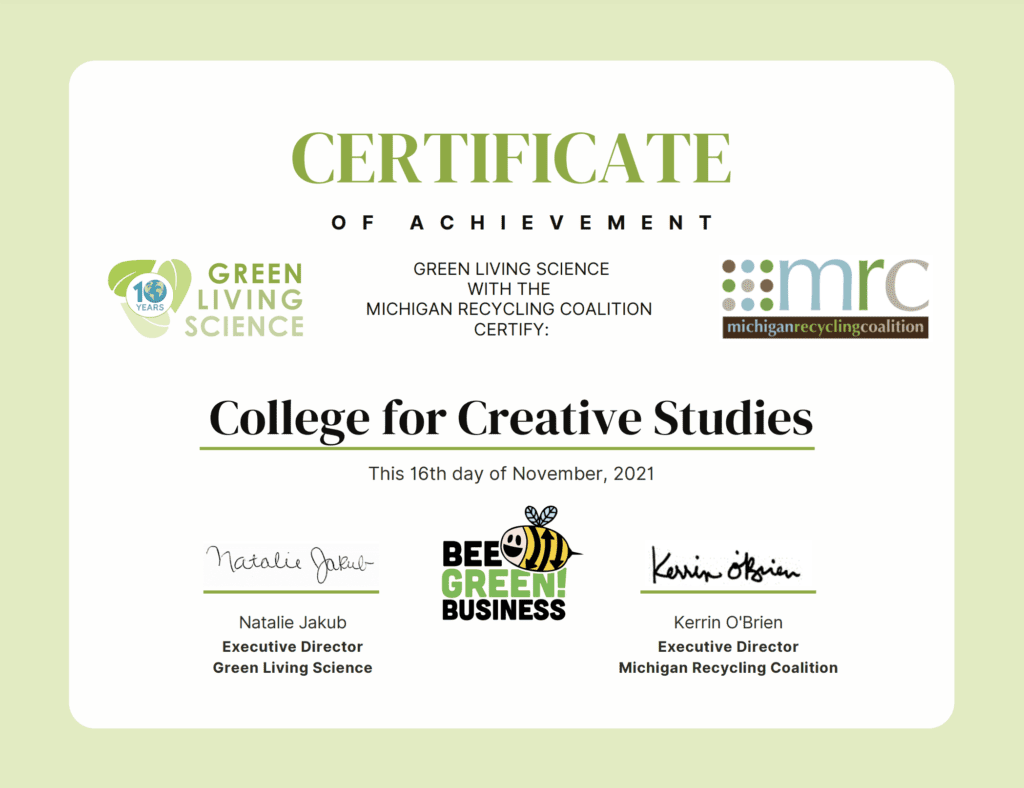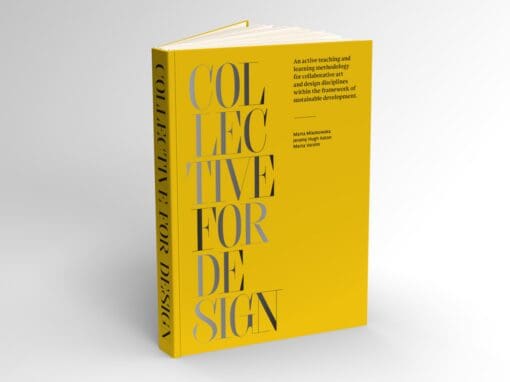
Sustainability at CCS
CCS is actively working toward creating a better future. One of the ways we are tackling change is through sustainability and environmental action. We are far from perfect but are doing our best to enact change and continue forward momentum for the sake of our planet.
2022-2023 Statistics
During 2022/2023, the CCS community recycled a total of 172,017 pounds or 78.01 tons!
Gallons of Water Saved
Number of Trees Saved
Gallons of Oil Saved
LBS of CO2 Kept from Being Released into the Air
Hours of Electricity Saved
CCS Sustainability Programs & Alliances
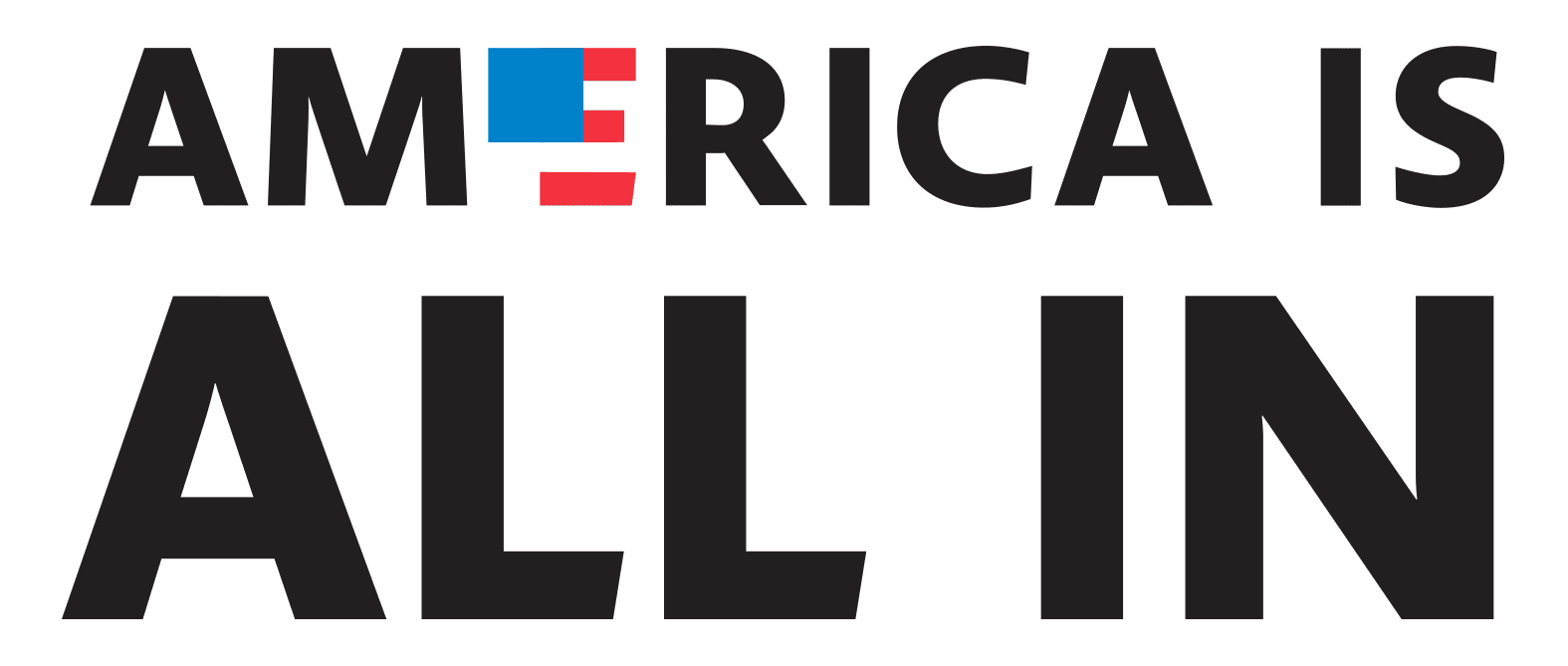
CCS Climate Pledge
In the 5 years since the Paris Agreement was signed, over 4,000 non-federal leaders have made progress toward a more inclusive, resilient, zero-carbon America. College for Creative Studies is proud to join the call for a national mobilization on climate action and clean recovery: http://americaisallin.com
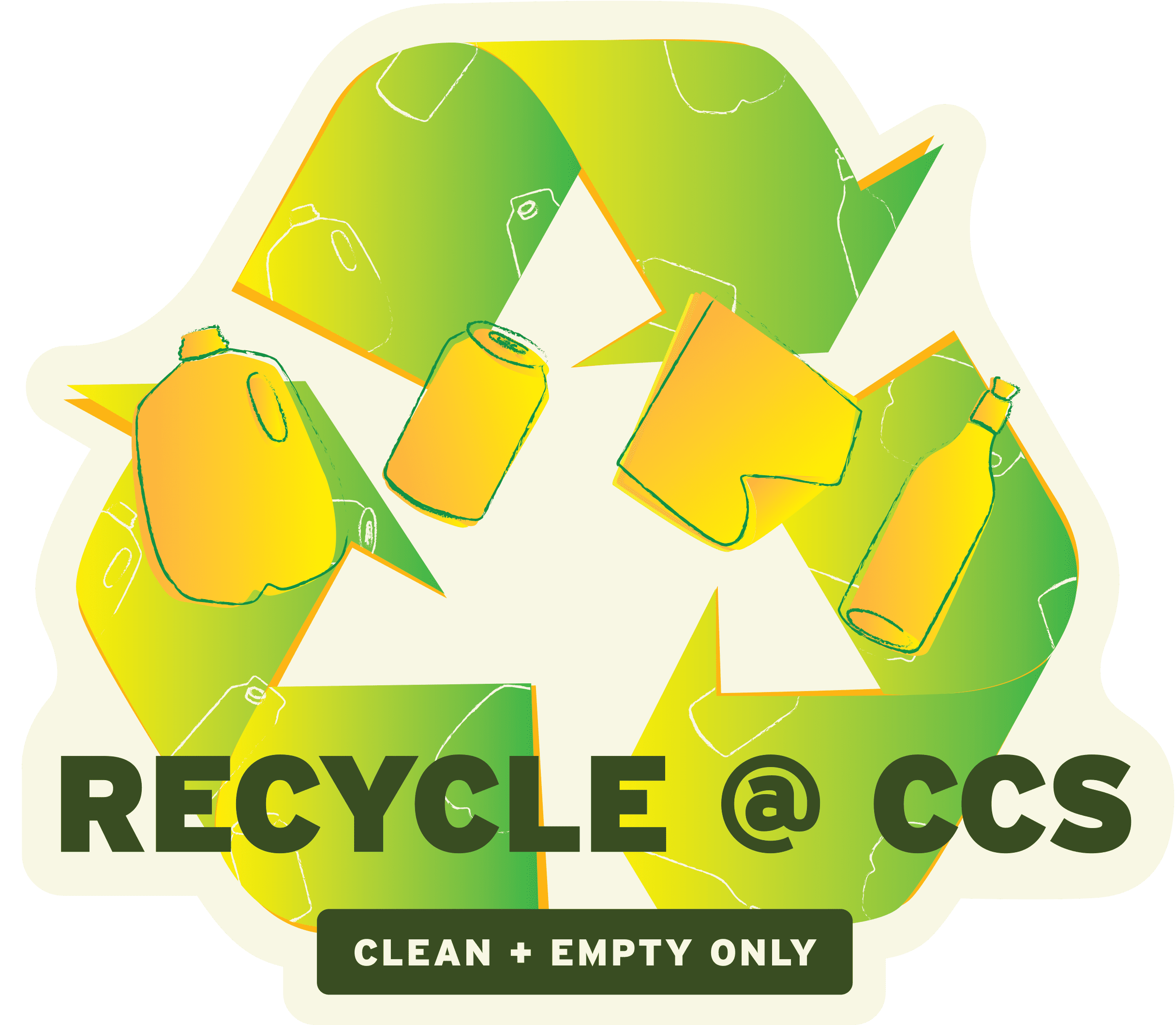
Recycling Program
CCS food services provider, Continental, has started composting food waste and is introducing compostable and recyclable packaging. We are working with them on creating a more sustainable menu starting in the Fall semester and exploring other campus-based sustainability initiatives around food.
Easily identifiable trash and recycling containers are located throughout both campuses and in the dorms. By using a single-stream recycling system, we are able to collect clean plastics, paper, cardboard, and tin in one container. It is important that the whole campus is involved in the recycling program to ensure success. Recycling is available for the following materials:
-
-
- Cardboard
- Confidential shredding
- Electronics
- Paper
- Plastics
- Tin
-
CCS Climate Pledge
In the 5 years since the Paris Agreement was signed, over 4,000 non-federal leaders have made progress toward a more inclusive, resilient, zero-carbon America. College for Creative Studies is proud to join the call for a national mobilization on climate action and clean recovery: http://americaisallin.com
Recycling Program
CCS food services provider, Continental, has started composting food waste and is introducing compostable and recyclable packaging. We are working with them on creating a more sustainable menu starting in the Fall semester and exploring other campus-based sustainability initiatives around food.
Easily identifiable trash and recycling containers are located throughout both campuses and in the dorms. By using a single-stream recycling system, we are able to collect clean plastics, paper, cardboard, and tin in one container. It is important that the whole campus is involved in the recycling program to ensure success. Recycling is available for the following materials:
-
-
- Cardboard
- Confidential shredding
- Electronics
- Paper
- Plastics
- Tin
-

Detroit River Coalition
CCS is a member of the Detroit River Coalition. The Detroit River Coalition is a bi-national environmental resource hub leveraging collective partnerships to reduce plastic pollution in the Detroit River through education, coordination, and clean-up services, all while celebrating its natural and cultural significance for communities throughout the Great Lakes Region.
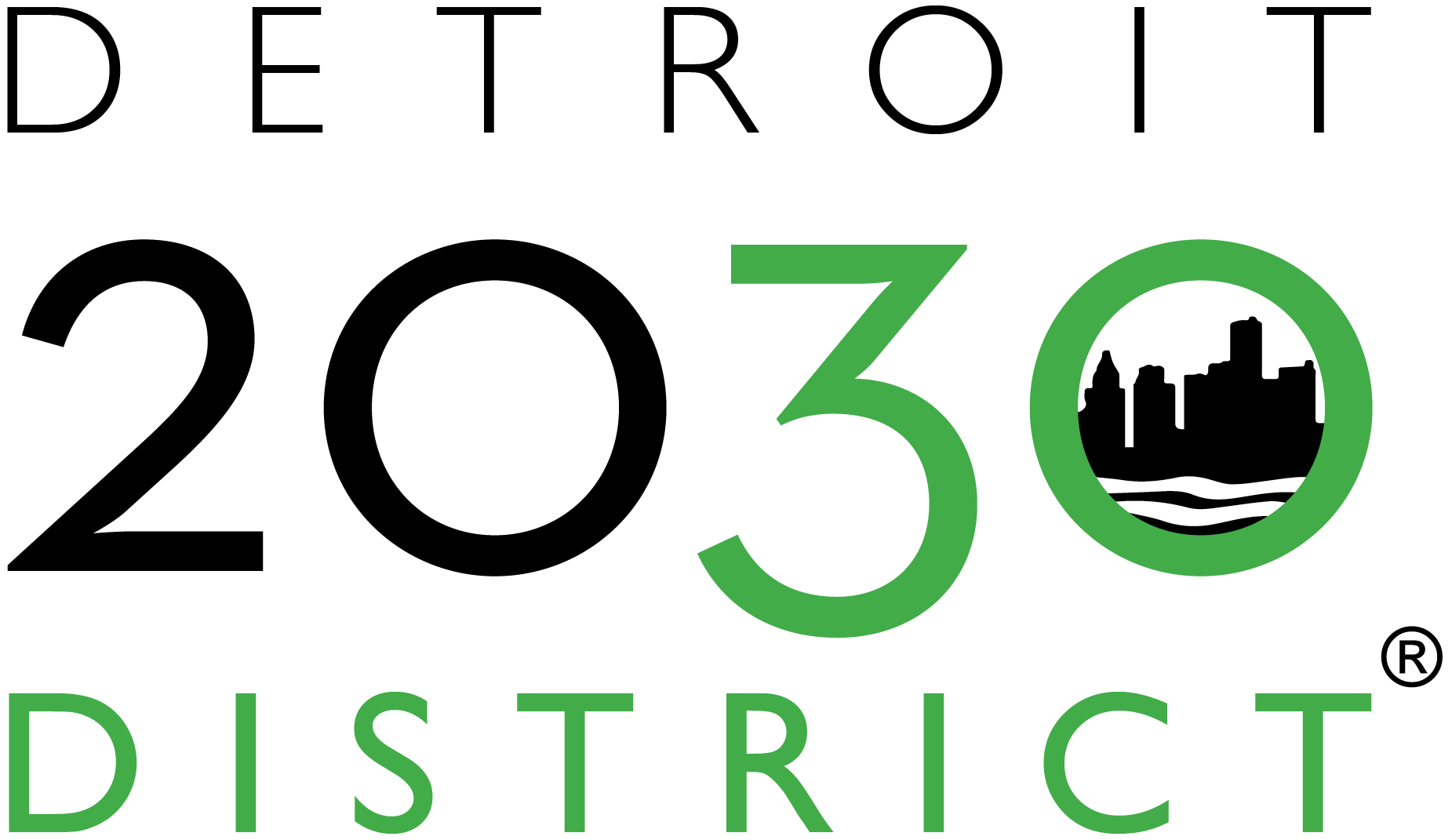
Detroit 2030 District
CCS has joined the Detroit 2030 District, part of a national movement committed to improving building energy performance and reducing environmental impact. With 2030 District guidance, the College is working with DTE and a team from Michigan State University to undertake an assessment of campus energy and water usage that will lead to increased efficiency and reduced emissions.
Detroit River Coalition
CCS is a member of the Detroit River Coalition. The Detroit River Coalition is a bi-national environmental resource hub leveraging collective partnerships to reduce plastic pollution in the Detroit River through education, coordination, and clean-up services, all while celebrating its natural and cultural significance for communities throughout the Great Lakes Region.
Detroit 2030 District
CCS has joined the Detroit 2030 District, part of a national movement committed to improving building energy performance and reducing environmental impact. With 2030 District guidance, the College is working with DTE and a team from Michigan State University to undertake an assessment of campus energy and water usage that will lead to increased efficiency and reduced emissions.
CCS Sustainability Efforts & Initiatives
Sustainability Curriculum
Design For Sustainability (MA/MFA)
Design for Sustainability (Graduate Minor)
We are introducing new sustainability courses to the curriculum. A new graduate-level minor in Sustainability and Design has been introduced and revisions to the Sustainability minor at the undergraduate level are underway. Next year, the College is offering a new study abroad trip: Climate Action in Iceland.
Design for Adaptation Cumulus Conference
For the second time in the 30-year history of Cumulus, the conference came to North America and CCS was the hosting institution. Design for Adaptation: Cumulus Detroit Conference 2022 explored what role designers play in fostering Adaptation through a wide range of approaches, methods, visions, and experiments that drew on Adaptation to reduce vulnerabilities and foster resilience for any community, big or small.
LED Program
The Facilities team has changed each of the following areas to LED lighting. This lighting technology is more energy-efficient and the LED bulbs last longer, causing less waste.
- Taubman Center and Ford Campus parking decks
- Taubman Center A stairwell
- Taubman Center 7th floor Hub
- Taubman Center 8th floor
- Taubman Center 11th floor Conference center
- Taubman Center basement
- Kresge Ford all hallways
- Kresge Ford Stairwells
- All Ford Campus emergency exit lights
- Ford Café
- Manoogian Visual Resource Center Alumni hallway
- Walter B Ford all hallways and Hubs
- Walter B Ford Classrooms and Office Lighting
- Art Centre Building all lights are LED
Future LED Programs
- Kresge Ford Classrooms
- Taubman Center B & C Stairwells
Water Fill Stations
In the interest of eliminating the use of disposable plastic, CCS has added water fill stations to the following areas. Students and staff can now bring their own reusable water bottles to refill.
- Yamasaki 1st floor
- Walter B Ford 1st floor
- Walter B Ford 2nd floor
- Walter B Ford 217
- Kresge Ford Café
- Kresge Ford basement
- Kresge Ford 4th floor
Future Water Fill Stations
Fill stations are being completed for:
- Taubman Center 2nd floor
- Taubman Center 6th floor
- Taubman Center 11th floor
Paperless Work Order System
Going paperless for work orders and digital signatures decreases paper waste and saves trees. In 2022/2023 3,277 LBS of paper was saved by using Docusign.
Building Management System
- Taubman Center and Ford campus controls for HVAC and lighting
- Updated BMS controls for the Administration and Fritz buildings to improve control of the building management system
- Replaced Administration building heating and cooling units with higher efficiency units
- Updated the Ford Building window caulking to minimize heat/ac loss
- Updated the Taubman Center window caulking to minimize heat/ac loss
Bookstore Bags
The Bookstore plans to switch from plastic bags to paper bags.
